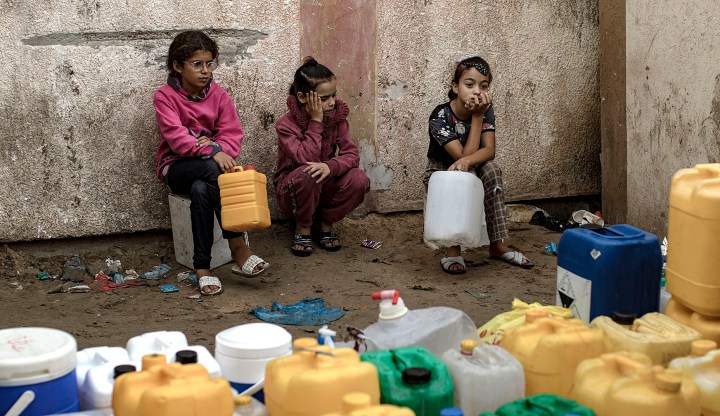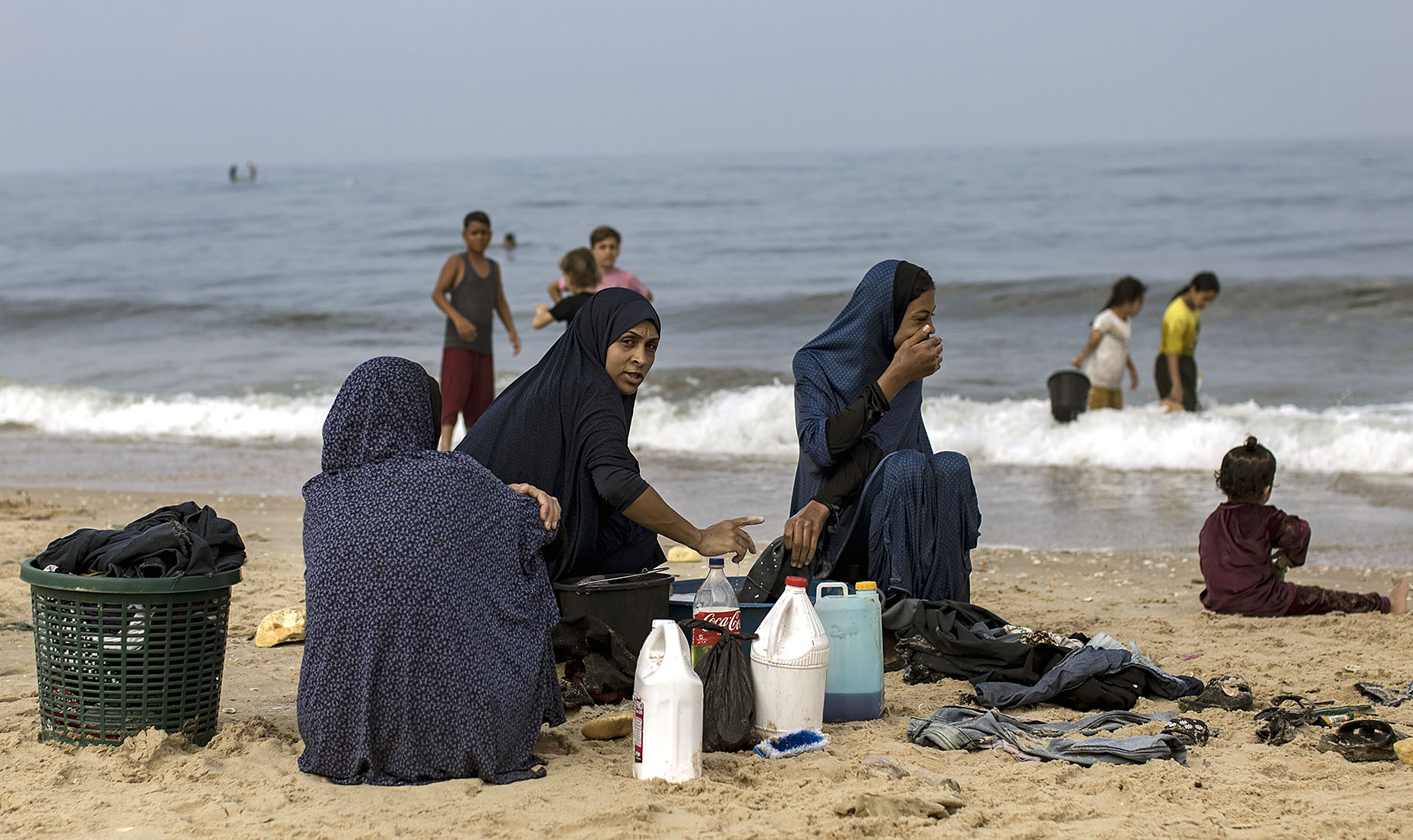CIVILIAN ATTACKS OP-ED
The unseen battlefront — weaponisation of water in war cannot be tolerated

As the world grapples with the challenges of the 21st century, preventing the weaponisation of water is a moral imperative for the sake of humanity and the planet we inhabit.
The weaponisation of water is illegal under international law. The Geneva Conventions outlaw attacks that do not distinguish between military and civilian targets and prohibit the attack, destruction, removal, or rendering useless of objects that are indispensable to the survival of the civilian population, such as drinking water installations and supplies.
The Rome Statute of the International Criminal Court prohibits intentionally directing attacks against civilian objects.
And yet, in conflicts and war, water supplies and water infrastructure are all too often a direct target.
The Pacific Institute documented 228 water conflicts in 2022 — an 87% rise over 2021. Russia has bombarded dams and water treatment plants in Ukraine and destroyed the Kakhovka dam in southern Ukraine. This year we have seen Israel targeting critical water infrastructure and cutting off supplies to more than two million people in the besieged Gaza Strip.
Access to water is used as a weapon against civilians, while water professionals globally are working to meet the target of universal access to safe drinking water by 2030. We have seen this most recently in Gaza and Ukraine, but it is not a limited phenomenon. There are cases across the globe for example in Yemen, Iraq, Syria and Burkina Faso. All undermine the human right to water and in some cases constitute war crimes.
To be without water is a brutal undermining of people’s rights to life, health and dignity. Water is not a weapon, not a bargaining chip. When access to water is deliberately restricted, in times of crisis or calm, we are going backwards on everything we stand for in terms of water justice.

People on the beach as Palestinians resort to the use of sea water to bathe and clean their tools and clothes due to the continuing water shortage in the Gaza Strip, on the beach of Deir al-Balah, central Gaza Strip, on 2 November 2023. (Photo: EPA-EFE / Haitham Imad)
Targeted restrictions to water access and the deliberate destruction of water infrastructure (and of power infrastructure critical to water supply) put communities at extraordinary risk in the short and long term. The most vulnerable populations, including children, the elderly, and the ill, bear the consequences most acutely as they face increased risks of disease, malnutrition, and violence, where water is not accessible.
Beyond the immediate human suffering during the conflict, damaging water infrastructure hampers post-conflict recovery efforts, prolonging the agony of affected populations. It leaves communities susceptible to corruption and mismanagement.
Moreover, the environmental fallout can be severe, with polluted water sources leading to long-term health issues and ecosystem degradation. In an era where climate change is already straining water resources, the weaponisation of water exacerbates the vulnerability of communities and ecosystems.
We are calling on the international community to take concerted action to condemn and prevent the weaponisation of water. Governments, non-governmental organisations, and international bodies must collaborate to strengthen the legal frameworks governing the use of water in armed conflicts. This includes holding accountable those who violate existing laws and investigating and prosecuting war crimes related to water warfare.
Along with leading water organisations from around the world, including Water Witness International, the Global Water Partnership, the Butterfly Effect, and End Water Poverty, we at the Water Integrity Network, are calling on world leaders and organisations to take urgent action against the weaponisation of water (sign our petition here). As the world grapples with the challenges of the 21st century, preventing the weaponisation of water is a moral imperative for the sake of humanity and the planet we inhabit. DM
Barbara Schreiner is the Executive Director of the Water Integrity Network





















 Become an Insider
Become an Insider
I bet you the Hamas fighters have no shortage of water.
What a biased, nasty and unneeded comment Mr Ginsberg
I do not take sides in war, but ANYONE who keeps water from fellow humans in time of need is psychologically damaged. It’s almost unbelievable that a person or people can even think of this cruelty.